
What are the Most Important Issues an Elder Law Attorney can help with?
As we age, navigating the complexities of legal and financial planning becomes increasingly crucial. In New York, elder law attorneys are specifically trained to address
Home » Estate Planning Lawyer » Page 33

As we age, navigating the complexities of legal and financial planning becomes increasingly crucial. In New York, elder law attorneys are specifically trained to address

Reasons Why You Need an Estate Planning Attorney in New York Regarding securing your legacy and protecting your family’s future, estate planning is an essential
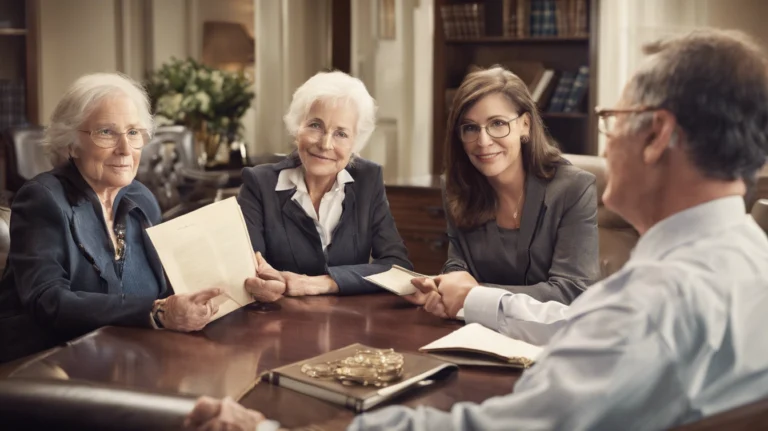
Who is an Elder Law Attorney, and What Can They Do for You in New York? As we age, the legal issues we face become
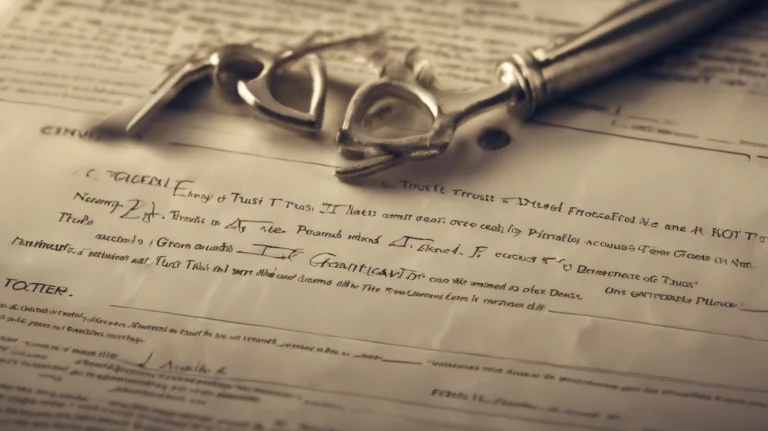
Understanding the Totten Trust in New York In the complex world of estate planning, the Totten Trust often stands out as a unique and straightforward
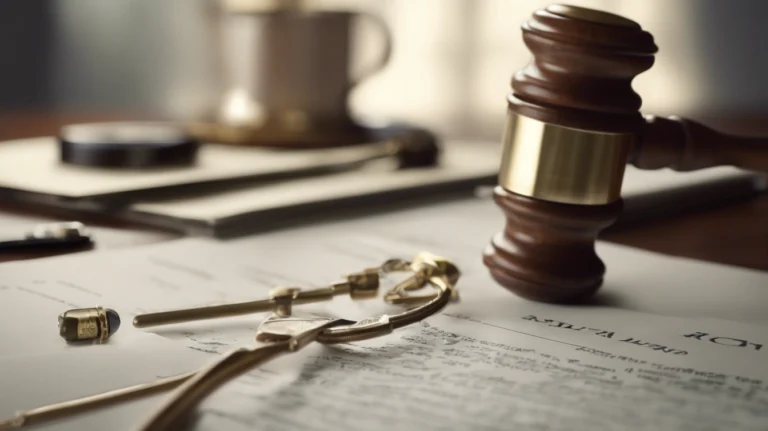
Understanding Estate Planning in NYC Estate planning is a critical process that involves organizing your assets and making arrangements for how they will be managed
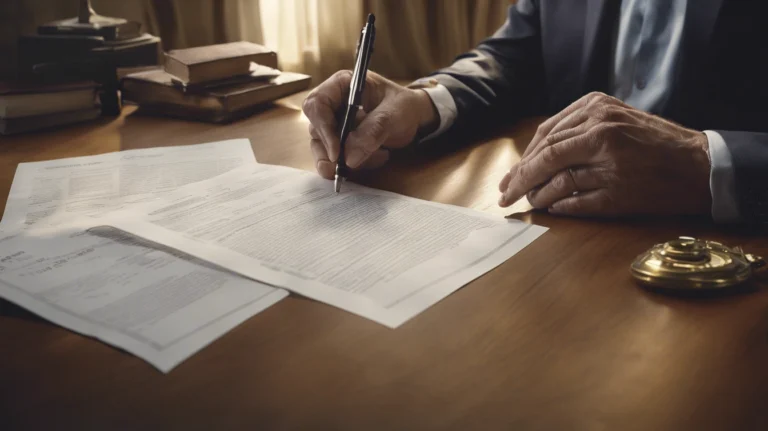
Your Estate Plan After Divorce in New York Divorce is a significant life event that brings about many changes, both emotionally and legally. Your estate
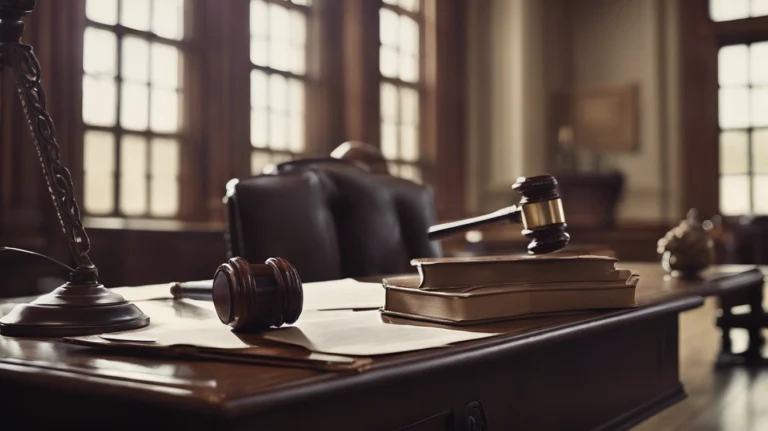
Reasons Why You Need a Probate Attorney Probate is the legal process that occurs after someone passes away. It involves the distribution of their estate
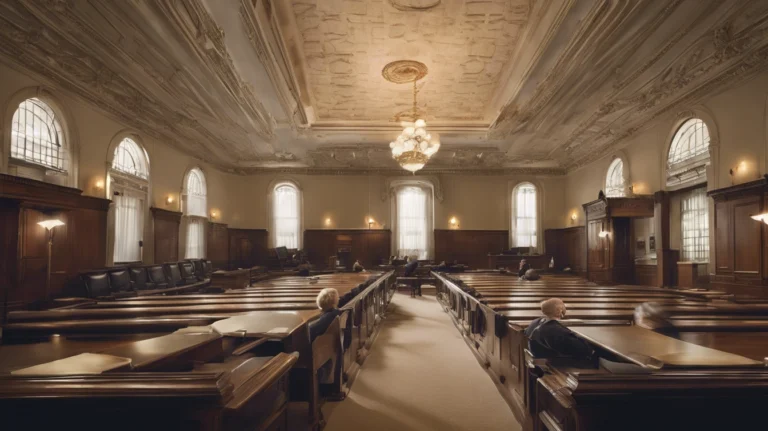
Probate is a legal process that occurs after someone passes away, involving the validation of their will and the distribution of their assets. In New

NYC Probate and Estate Administration: Expert Guidance from Morgan Legal Group The probate and estate administration process in New York City can be complex and

Estate planning is more than just writing a will; it’s about protecting your legacy, securing your family’s future, and ensuring your wishes are honored. While